Artificial intelligence (AI) is transforming all major sectors, and architecture is not an exception. What was previously a purely creative, manual, and time-consuming process is now witnessing unparalleled innovation with AI-based tools and algorithms. From space optimization to improving aesthetics and functionality, AI is revolutionizing the way designers treat residential and commercial projects. Interior Design & Turnkey Solutions In a field once dependent on human intuition and experience, technology is now facilitating precision, speed, and data-driven decision-making. This shift is also seeping into allied areas like interior design & turnkey solutions, where AI integration is providing smarter and more efficient results.
AI-Driven Design Concepts: From Guesswork to Precision
Space planning in the past often relied on trial, error, and experience. Now, AI is capable of analyzing enormous amounts of data, such as spatial limitations, building regulations, and occupant usage, to create the best layout designs in a matter of minutes. These programs take into account light, ventilation, pedestrian flow, and psychological well-being to propose spatial configurations that not only appear pleasing but also right. Designers and architects can now test out various configurations in real time, choosing the most appropriate based on both aesthetic and functional considerations. In industries such as interior design & turnkey solutions, this automation eliminates human error and simplifies planning.
Space Optimization and Functionality through AI
AI surpasses aesthetics in centering on how space should be utilized effectively. For instance, machine learning algorithms are able to study how occupants use a space during the day and recommend modifications to achieve optimal utility and comfort. This is especially relevant in city settings where space is valuable. By integrating AI into their process, interior design & turnkey professionals are able to customize spaces for specific client requirements be it home office, retail space, or hospitality suite so that every aspect is useful, purposeful, and space-effective.
Generative Design: Unleashing Creative Potential
Perhaps one of the most thrilling innovations in AI-driven architecture is generative design. The method enables AI to create several design possibilities using input parameters like budget, size, materials, and sustainability requirements. The designer chooses and edits the optimum solution. The outcome is frequently a novel and surprising solution that might not be developed by a human working individually. Generative design in interior design & turnkey solutions implies customers have access to more bespoke, effective, and motivational spaces that expose the latest creativity informed by data.
AI-Driven Visualization and Virtual Walkthroughs
AI-powered visualization techniques are facilitating clients and architects to see projects before construction. Using technologies like augmented reality (AR) and virtual reality (VR), stakeholders can take a virtual walk through a proposed space, examining the layout, materials, and lighting in real time. These tools are especially valuable in interior design & turnkey solutions, as they allow customers to experience their future environment and make decisions faster. This reduces revisions, accelerates approval cycles, and increases customer satisfaction.
Enhanced Collaboration and Workflow Automation
Artificial intelligence is also changing the architecture workflow by enhancing teamwork. Cloud-based platforms with AI can facilitate real-time sharing of updates, blueprints, and 3D models among architects, interior designers, engineers, and contractors. This keeps everyone on the same page at every step of the project. In interior design & turnkey solutions, where timely delivery and execution are paramount, AI-based platforms manage timelines, budget monitoring, and resource allocation more efficiently with fewer bottlenecks.
Sustainability through Intelligent AI Incorporation
Sustainability is now not a choice in today's architecture it's a necessity. AI enables greener buildings through simulation of energy use, natural lighting optimization, and choice of sustainable materials. Such intelligent systems are able to predict the environmental footprint of a design and recommend reductions in carbon footprints from the very beginning. Interior design & turnkey professionals now have the option to suggest environmentally sound options that not only benefit the planet but are also economically viable in the long term. Customers enjoy spaces that are aesthetically pleasing and friendly to the environment.
Personalization at Scale: Addressing Individual Client Requirements
Deep personalization is possible with AI without the exorbitant cost usually involved in custom design. With user preferences, lifestyle information, and even mood boards at their disposal, AI software can suggest personalized space planning and design elements that speak on an emotional level. This is particularly revolutionary in interior design & turnkey solutions, where fulfilling individual client wishes within budget and timeline is sometimes the biggest test. By automating parts of the design process while still allowing creative input, AI makes large-scale customization possible for every type of project.
Reducing Costs and Time with AI Efficiency
AI minimizes the time spent on design revisions, documentation, and approvals to a very large extent. Drafting tools through automation, intelligent material picking, and project management systems through AI lower costs without even increasing quality. This means competitive pricing, quicker delivery, and improved customer retention for interior design & turnkey solution providers. Firms, through the use of AI, can scale operations without sacrificing craftsmanship or creativity.
The Future of Architecture is Collaboration between Humans and AI.
The purpose of AI in architecture isn't to make human creativity obsolete it's to boost it. While AI assumes the repetitious and data-driven tasks, the architects and designers can now engage more in visionary thinking and client experience. The combination of human intuition and machine thinking is shaping the future of spatial design. For interior designers & turnkey specialists, embracing AI isn't trendy it's a smart business decision to remain current and competitive in a rapidly changing market.
Conclusion
AI is transforming the way we envision, design, and build our built environment. From intelligent layouts to eco-friendly materials and quicker delivery, AI adds value at every phase of a project. Spaciainc In interior design & turnkey solutions, it implies creating contemporary, effective, and personalized spaces with unprecedented precision and pace. As this technology keeps advancing, adopting AI is no longer a choice it's a necessity for companies eager to dominate the world of design tomorrow.
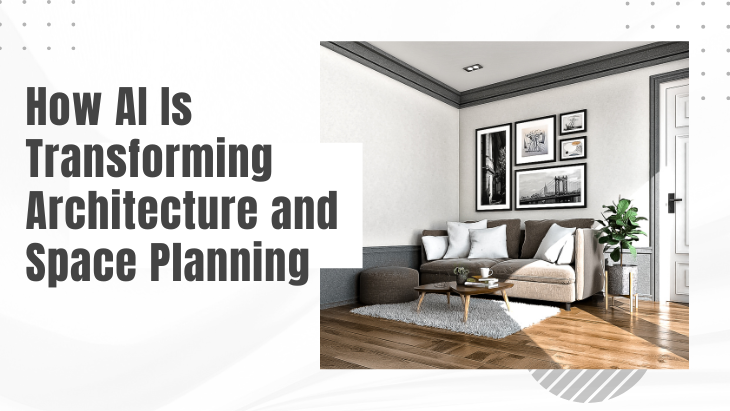
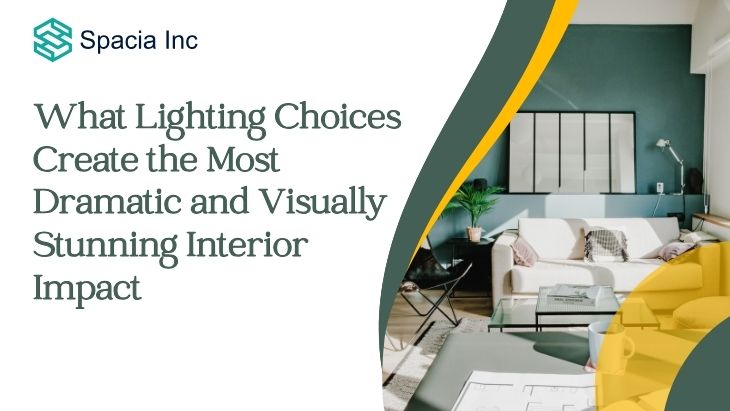
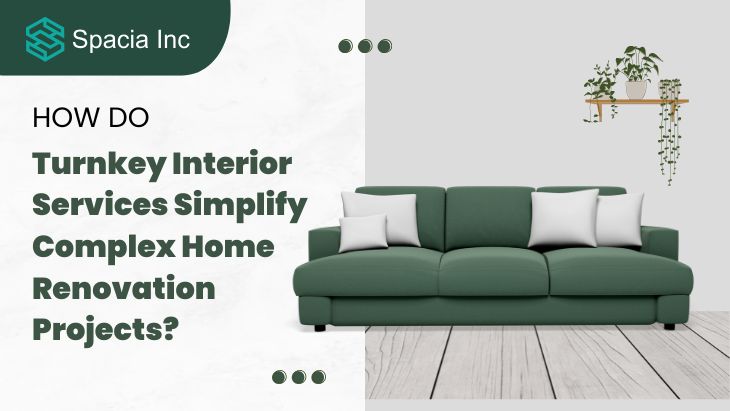
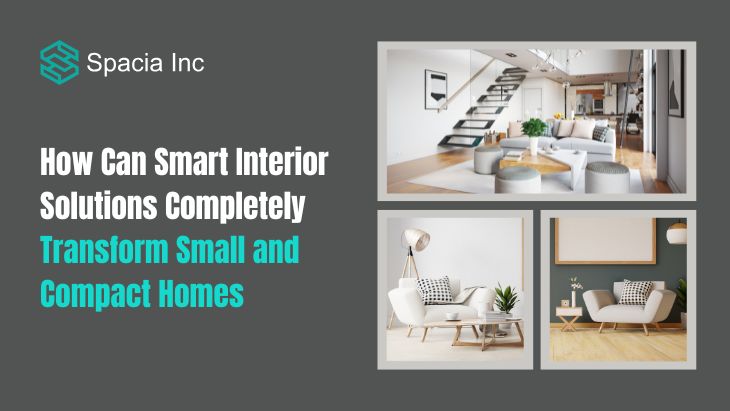
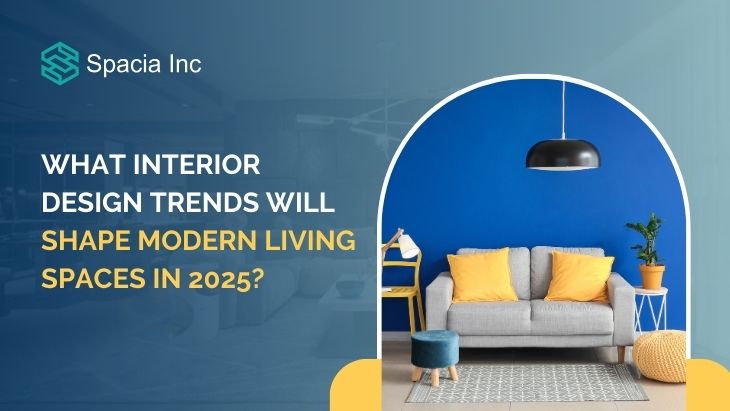
Leave a reply